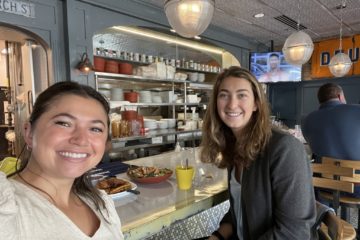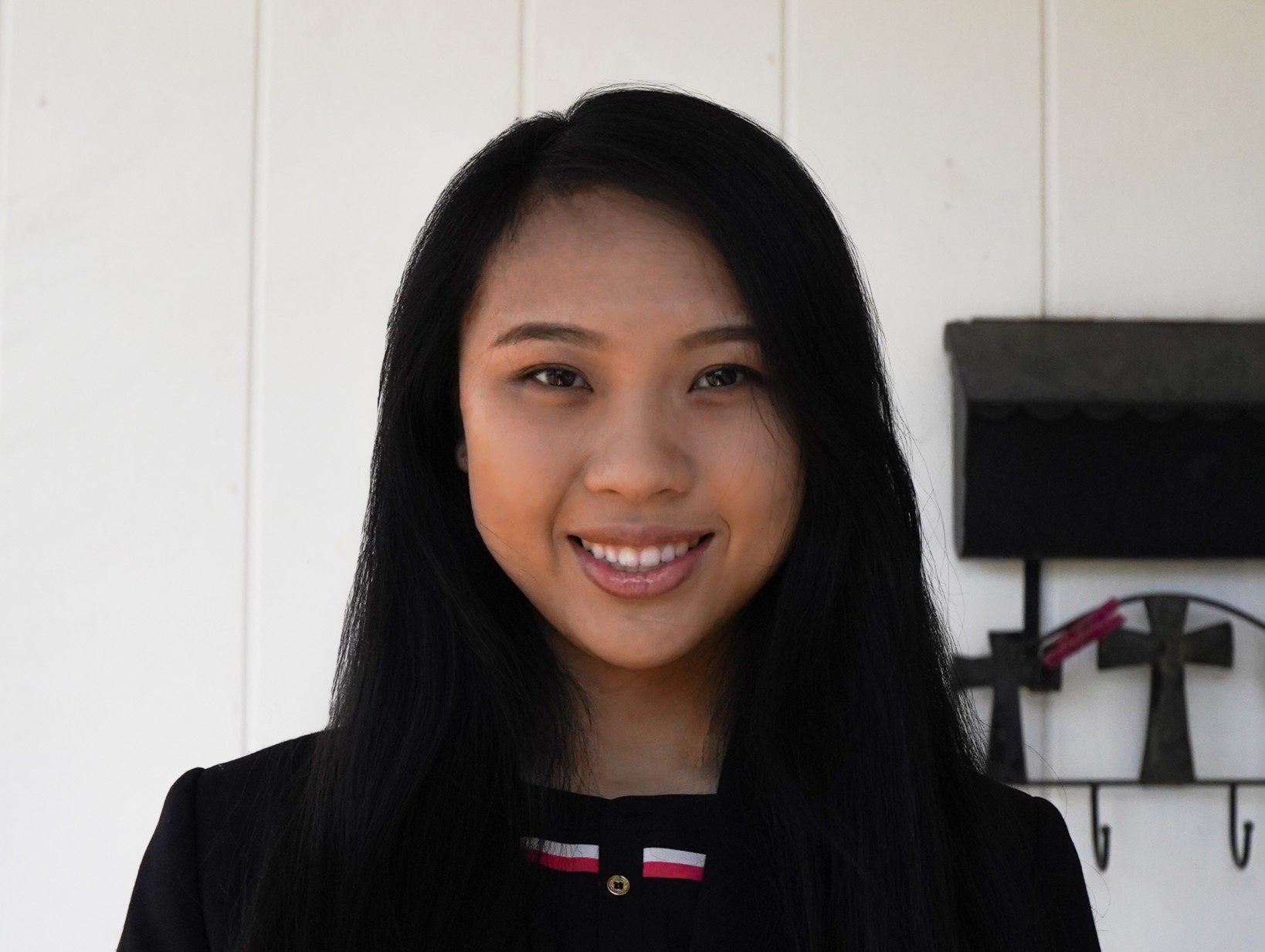
Interviewed by Daphne Liu ‘21
As an extrovert, I’ve always been fascinated by the ways that humans interact with each other. My decision to major in Cognitive Science was a natural extension of that, and through these studies, I’ve gravitated towards exploring the ways that humans lead and influence groups and multitudes of people. Having worked at the Laspa Center for Leadership for the past three years, I’ve learned a great deal about the nuanced characteristics of leadership and how it’s portrayed across different sectors. As a student leader myself, I’ve always wondered about the roles and responsibilities incumbent on a college president. What better way to investigate this than to ask my own college president, Lara Tiedens herself? On April 15, 2021, President Tiedens officially departed Scripps College after serving as the ninth president for the past five years, and I will be graduating in May. Before both she and I walk through Honnold Gate for the very last time, I wanted to arrange an interview and discuss some of the questions I’ve been pondering for the past four years about her job as a college president and her perspective on leadership.
While doing some preliminary research, I discovered many similarities between our academic work and interests. Since high school, many of my extracurricular activities have centered on leadership theory and application. From educating middle schoolers on basic leadership competencies in the outdoors, to writing leadership curriculum for college students, I’ve had the chance to explore different angles of what it means to be a leader. Prior to coming to Scripps, President Tiedens had worked intensively with leadership research at Stanford University in multiple capacities, overseeing the Center for Leadership Development and Research, leading various initiatives such as the Global Innovation Program, and advocating for women in leadership as a member of the task force on Women’s Leadership at Stanford. Both of us have intersected psychology and leadership in our academic work, with her dissertation focusing on emotions and social status, and my senior thesis examining the impact of emotions in speech and gender on perceptions of leadership during the pandemic. With these similarities in mind, I was curious to learn about how theoretical leadership applied to her role as a president of an institution for higher education.
On March 18, 2021, President Tiedens sat down with me for an hour-long virtual interview over Zoom. Here are excerpts from our conversation, where we connected on the work we have respectively done in the field around psychology and leadership, the meaning of leadership, and the role of president.
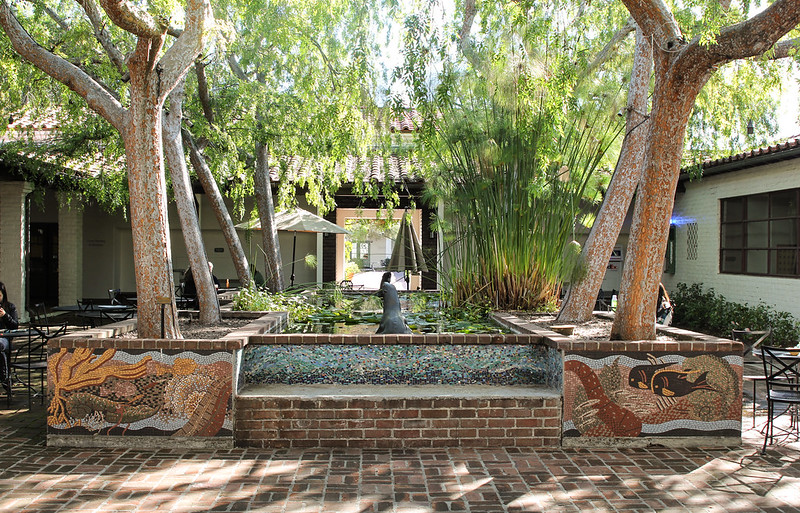
Daphne: What or who inspired you to enter the field of leadership development after graduating with a doctorate degree in psychology?
President Tiedens: Well, in a way, I would say it was not a transition. Like you’re seeing with your thesis, there are at least certain kinds of psychologists who study what is right at the heart and core of leadership. My Master’s and PhD are in social psychology and I think just about everybody who works in the area of leadership development dabbles with psychology in one way or another.
My dissertation was about emotions and status, looking at how social status affects what people feel and how their feelings might affect the status position that they might end up in. So, in that sense, it wasn’t a pivot [from my field of study], it was a continuation.
Transitioning into a discussion on how her perception of leadership has changed over time, President Tiedens voiced her thoughts on the usage of the word “leadership”.
President Tiedens: I think it’s a word that has really not helped the plight of women and people of color and other marginalized groups. In too many settings people will sloppily say something about someone such as, “she’s not a leader.” And too often that phrase, “not a leader” means “not a white man.” So I just don’t always love the way “leadership” as a word is used and or “leadership development,” because it can be code for being more like white men.

Empathy is one of the Laspa Center’s core leadership competencies, described as the ability to identify and consider another person’s emotions, experience, or point of view without judgment.
Daphne Liu: This past year, you’ve navigated the COVID-19 pandemic’s impact on our community here at Scripps. How have you applied empathy in the past year in addressing your leadership responsibilities?
President Tiedens: Empathy is hugely important part of leadership and can be a huge stumbling block for a lot of people. People vary in terms of how naturally empathy comes to them, but I also think it’s teachable… I work with someone who often says, ‘The biggest room in all of our houses is the room for self-improvement.’ Empathy is like that- there is no limit on how much one can improve one’s empathy skills. In COVID many of us are swinging between feeling beaten down and feeling resilient and I think you’re right to identify that as a kind of central dynamic of what we’ve been facing over the last year. I’ve tried- I’m sure I haven’t always succeeded- to be mindful of the different things that are stressors and threats to the different people in our community. And, there are big differences among people in how they are experiencing the year at any time. Students are a great example- where what is stressful to students about this time varies really significantly across [the student body].
President Tiedens will soon join Schwarzman Scholars as executive director. This is a year-long program that seeks to “create an international community that bridges differences.” At the Laspa Center, we emphasize the importance of global awareness as an aspect of Social Skills, another of our core leadership competencies.
Daphne Liu: Can you speak more on the importance of cross-cultural relationships, and how you might have personally integrated that into your own leadership style?
President Tiedens: We all live a more and more global existence, whether we are intentionally choosing that for ourselves or not. It just is that the world is more and more connected, and when we choose to ignore that, we do so at our own folly. This year has been a fascinating example of that, where even if we all are traveling internationally much less, it doesn’t mean that our lives are any less global. Very fundamentally this is a global pandemic. If we weren’t as global as we are, it wouldn’t be everywhere, but we are just interconnected in every possible way.
Cross-cultural competence issues in some ways require understanding the limitations of your own empathy. You have to expect your own lack of knowledge, but not accept [it]. It comes back to being an active seeker of information.
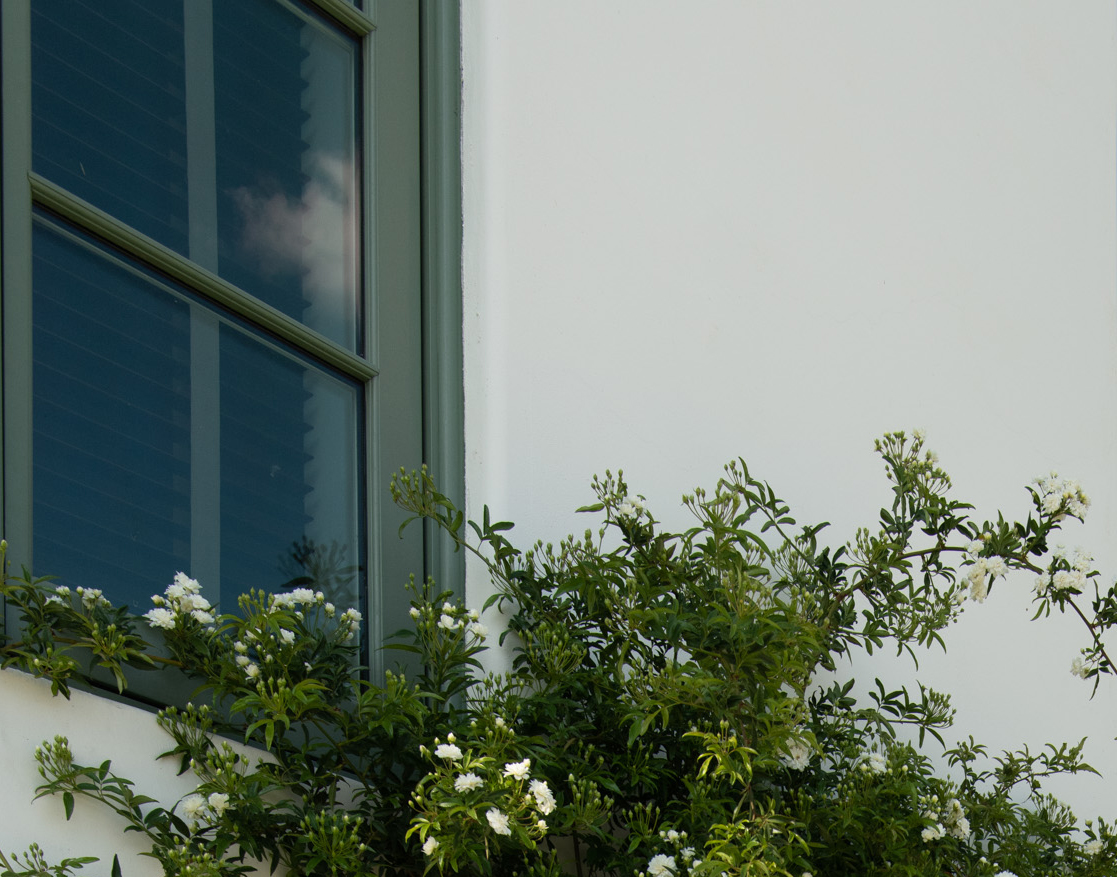
As we wrapped up the conversation, I asked President Tiedens to reflect on her accomplishments at Scripps.
President Tiedens:
One of the things I’m the proudest of is the way in which we really reformulated financial aid here and made it more oriented toward our low-income students and applied an equity lens rather than an equality lens on how we did financial aid. To do that required some significant fundraising and it was my highest fundraising priority. We’ve just gone from being able to support very few students to now supporting a lot of students. I think it’s important for those students and it’s also important for the institution, what it can accomplish, who it can bring here, and what experiences it can offer to its students.
Reflecting on her tenure at Scripps College and how it has impacted her growth as a leader, President Tiedens discussed the Scripps motto of living confidently, courageously, and hopefully.
President Tiedens: We could never have been gifted a better thing from our founder than those three words, because they are so fundamental to both what Scripps already is and what it aspires to be. Those three words are really defining for my time at Scripps and what I felt. I would say, more than anything that I worked hard on at Scripps, it’s been about increasing hope.
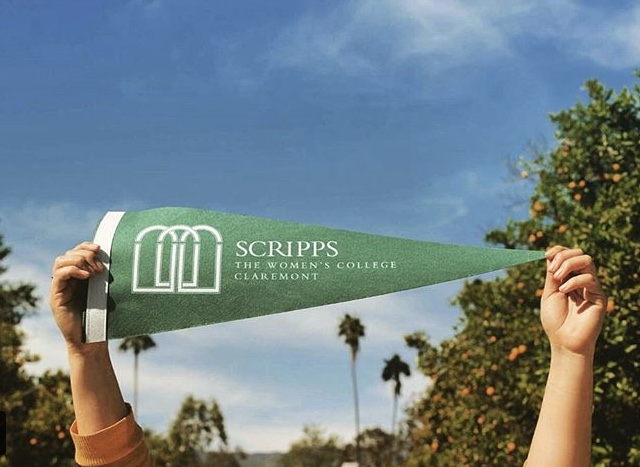
*************
I’ve taken some courses on the broad subject of education, ranging from strategies for teaching foreign languages to the racial politics of teaching. When we talk about education, we often forget about what happens outside of the classroom, and how the entire college system, from administration to institutional leadership, influences the in-classroom experience from the outside. Because of this realization, I wanted to gain a better understanding of what college presidents do and how they influence the student experience. It was insightful to hear about President Tiedens‘ journey of navigating her leadership position at Scripps. I was surprised at some of the main responsibilities of her job, one of which was fundraising; President Tiedens described it as what defines the legacy of many college presidents, and also listed it as one of her top achievements. Overall, I learned quite a bit about not only her job, but her personal history and how it’s influenced the way she took on this role.
Throughout the course of our conversation, we discussed the similarities in overlapping interests, and also discovered more; we discussed the Interpersonal Dynamics curriculum that she had spearheaded at Stanford University, which many students at the Claremont Colleges have taken with Professor Zorman at HMC, and that I had worked on with him the summer prior. We also talked in depth about the importance of cross-cultural understanding, which we both are greatly passionate about. This conversation provided me with a lot more context for who President Tiedens is and why she made the decisions she made during my years at Scripps. Coming out of this experience, I believe that connecting on a more personal level with college staff and faculty, especially those that we feel we are the most far removed from, can provide students with a more holistic understanding of how leaders on our college campuses operate as a whole. I am grateful to have had the opportunity to connect with President Tiedens, and I wish her the best of luck in her new role as Executive Director of the Schwarzman Scholars.
